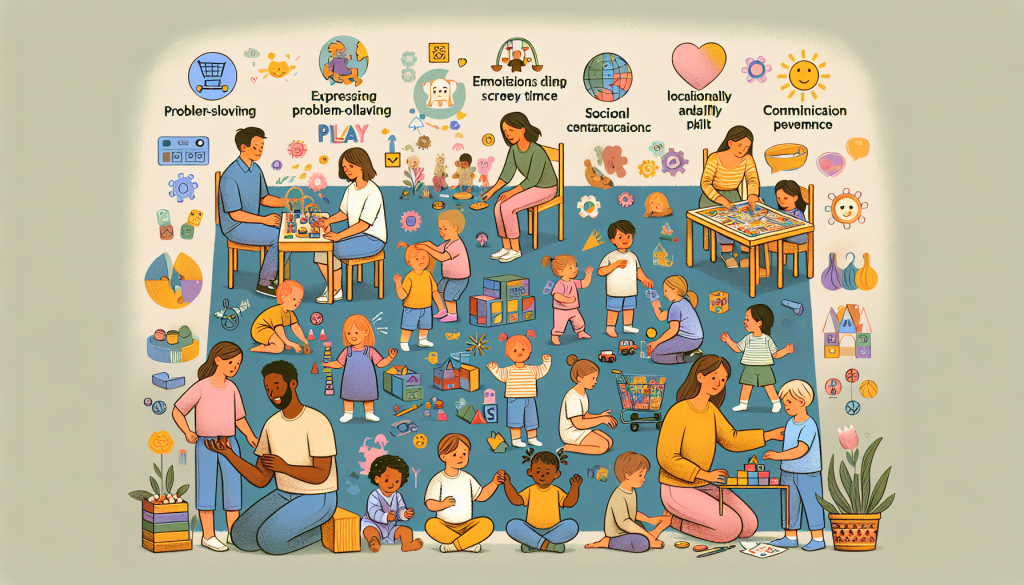Encouraging Child Creativity Through Play
In a world where screen time and structured activities often dominate our children’s lives, it’s essential to remember the profound impact of play on child creativity. Encouraging creativity in children through play is not only crucial for their development but also strengthens the bond between parent and child. Understanding how to nurture this creativity can make parenting more fulfilling and effective.
Main Points
Creative play is an integral part of a child’s development, and it’s backed by science. Research has shown that play and creativity are linked to better problem-solving skills, emotional regulation, and even academic performance. Through play, children express themselves, explore their environments, and learn to navigate social interactions.
One of the key psychological needs that play fulfills is the need for safety. When children feel safe, they are more willing to take risks in their play, leading to more creative outcomes. Play also supports autonomy, allowing children to make their own choices and explore their interests. This freedom is vital for fostering a sense of independence and self-confidence.
Cognitive-behavioral therapy (CBT) principles can be applied to understand how play influences a child’s thought processes. By engaging in imaginative play, children practice cognitive flexibility, learning to see things from different perspectives. This is crucial for developing empathy and effective communication skills.
Practical Recommendations
- Provide a Safe Environment: Ensure that your child has a safe space to play, free from unnecessary rules. This allows them to explore and create without fear of negative consequences.
- Encourage Open-Ended Play: Offer toys and materials that can be used in multiple ways, such as building blocks or art supplies. This encourages children to use their imagination and think outside the box.
- Be an Active Participant: Join in your child’s play. By participating, you show that you value their creativity and ideas. This also provides an opportunity to model positive social interactions and problem-solving skills.
- Limit Screen Time: While digital play can be educational, it’s important to balance it with hands-on activities that stimulate creativity.
- Encourage Storytelling: Ask your child to tell you stories about their play scenarios. This not only boosts creativity but also enhances language skills and cognitive development.
Conclusion
Encouraging child creativity through play is a powerful tool for parents. By providing opportunities for creative play, you help your child develop critical thinking, emotional intelligence, and communication skills. Remember that the benefits of fostering creativity go beyond childhood, equipping your child with the tools they need for lifelong success. Embrace the joy of play, and watch your child’s imagination soar.
For more insights on child development and parenting, visit the Child Mind website.

